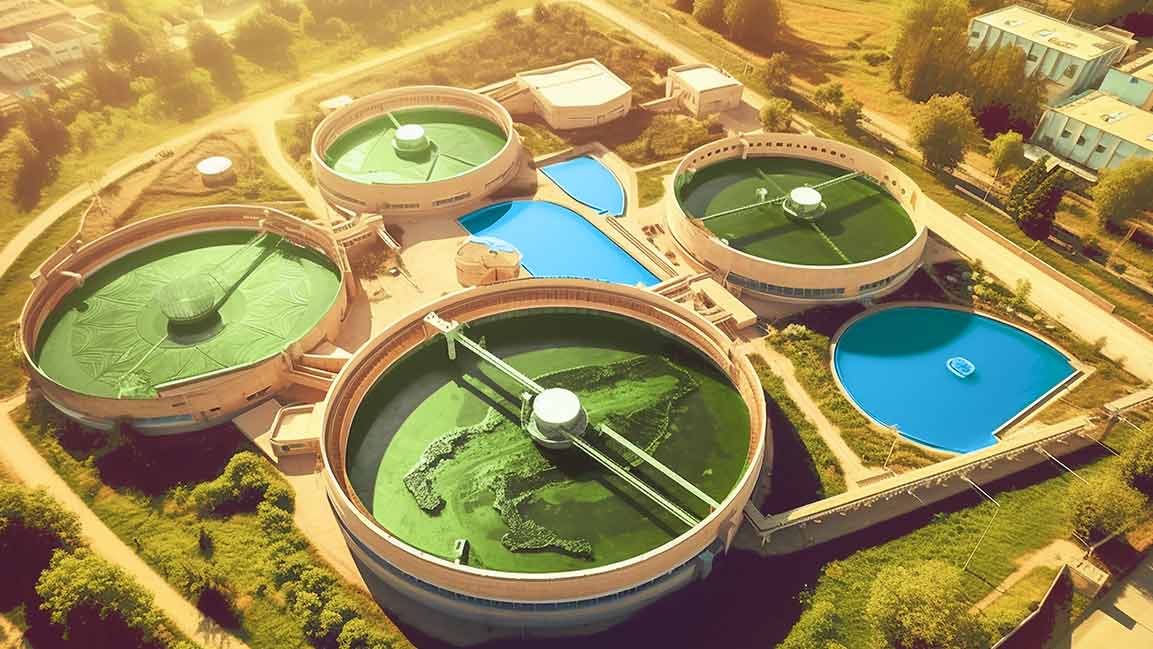- | 11:00 am
Abu Dhabi pushes for water recycling and reuse in agriculture
The emirate plans to increase recycled water supply to 1,600 farms.

Water is a pivotal resource in agriculture – the largest consumer of freshwater resources, with irrigation accounting for most of the freshwater withdrawals. With growing population and climate change, the importance of water recycling and reuse in agriculture is increasing.
According to Mubarak Ali Alqusaili Al Mansouri, Executive Director of the Agricultural Affairs Sector for the Abu Dhabi Agriculture and Food Safety Authority (ADAFSA,) 81.4% of the agricultural sector still relies on groundwater resources, 18% on costly desalinated seawater, and 0.6% on recycled water.
These figures underscore the need for an expanded use of recycled water in the agricultural sector.
To address this, ADAFSA partnered with the Department of Energy of Abu Dhabi, the Environment Agency of Abu Dhabi (EAD), TAQA, Abu Dhabi and Al Ain Distribution Company, and Abu Dhabi Sustainable Water Solutions Company to launch a plan that aims to distribute recycled water to more than 1,600 farms in the emirate.
The project aligns with the UAE Water Security Strategy 2036 to reduce water consumption by 21%, reduce the water scarcity index by three degrees, and increase the reuse of treated water to 95%.
TAQA and its subsidiaries have built pipelines that will distribute around 150,000 cubic meters per day to farms in the Al Khatam, Khazna, and Nahda areas of Abu Dhabi. This flow will help meet their recycled water targets at a rate of 73 cubic meters per day for each farm, equivalent to 16,500 gallons of water.
Treated water will stop at the Musaffah Canal to be disinfected and allow for the removal of nearly 3 million cubic meters of sediments.
Moreover, the project will also oversee the halt of groundwater and wells throughout 1,600 farms and forests in the Al Khatam and Al Khazna areas at a rate of up to 250,000 cubic meters per day.
Al Mansouri says that ADAFSA has implemented a system that monitors recycled water quality and safety before reaching farms.
Water recycling in agriculture involves collecting, treating, and reusing water within the farm. This can significantly reduce the reliance on external water sources, conserve freshwater resources, and decrease the environmental impacts of wastewater discharge.
Now accepting applications for Fast Company Middle East’s Best Workplaces For Women 2023. Click here to register.
































